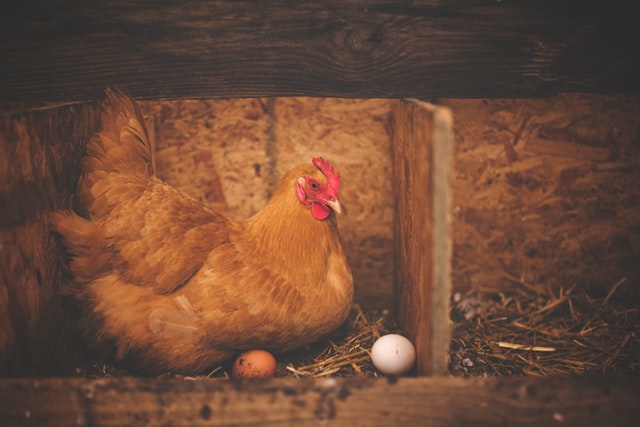Because more and more consumers are interested in buying organic products
It isn’t any surprise that organic eggs are included on shopping lists around the country.
What exactly does “organic” mean? Organic means that the product or produce comes from environmentally sound factories. When it comes to chickens, that means that they have easy access to the outdoors and live in well-ventilated homes. Organic eggs are back and why are they’re really good for you.

In the meantime, here’s what you can do to find organic eggs from farms that are implementing humane standards right now:
Check the label
A “cage-free” designation doesn’t tell you as much as the certified humane raised and handled label. This label means the producer complied with a voluntary, thorough inspection process carried out by an independent animal-welfare group. See our story on “free range” and other organic egg labeling terms for more information.
Look for organic
Organic is a USDA-regulated term that not only sets standards for how the chickens are raised, but also requires that organic eggs come from chickens whose feed is not irradiated, treated with synthetic fertilizer or pesticides, genetically engineered, or made with animal by-products. The Cornocopia Institute offers an egg scorecard that rates producers of organic eggs on how they put “outdoor access” into practice.
Look locally
For the freshest eggs, of course, head to your local farmer’s market and try to find organic eggs produced locally. Bonus: You can actually talk to the farmers about how they treat their chickens and even visit the farm to see for yourself.
To learn more and find great egg recipes such as the bacon and poached egg salad and Ouiche Lorraine, click here.



